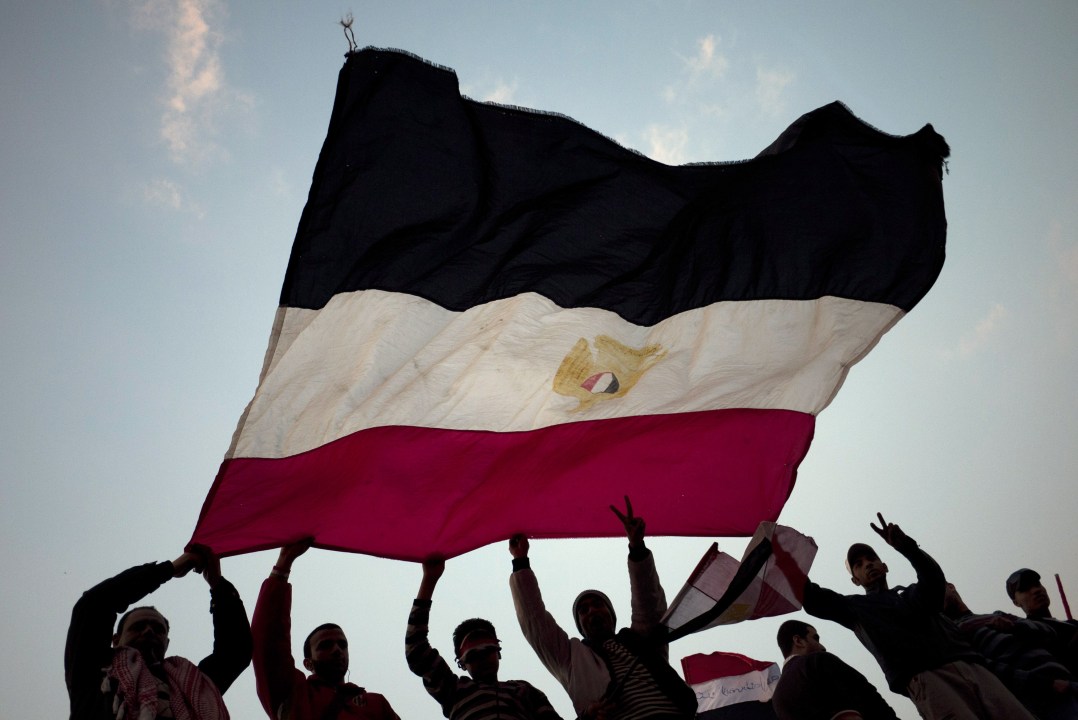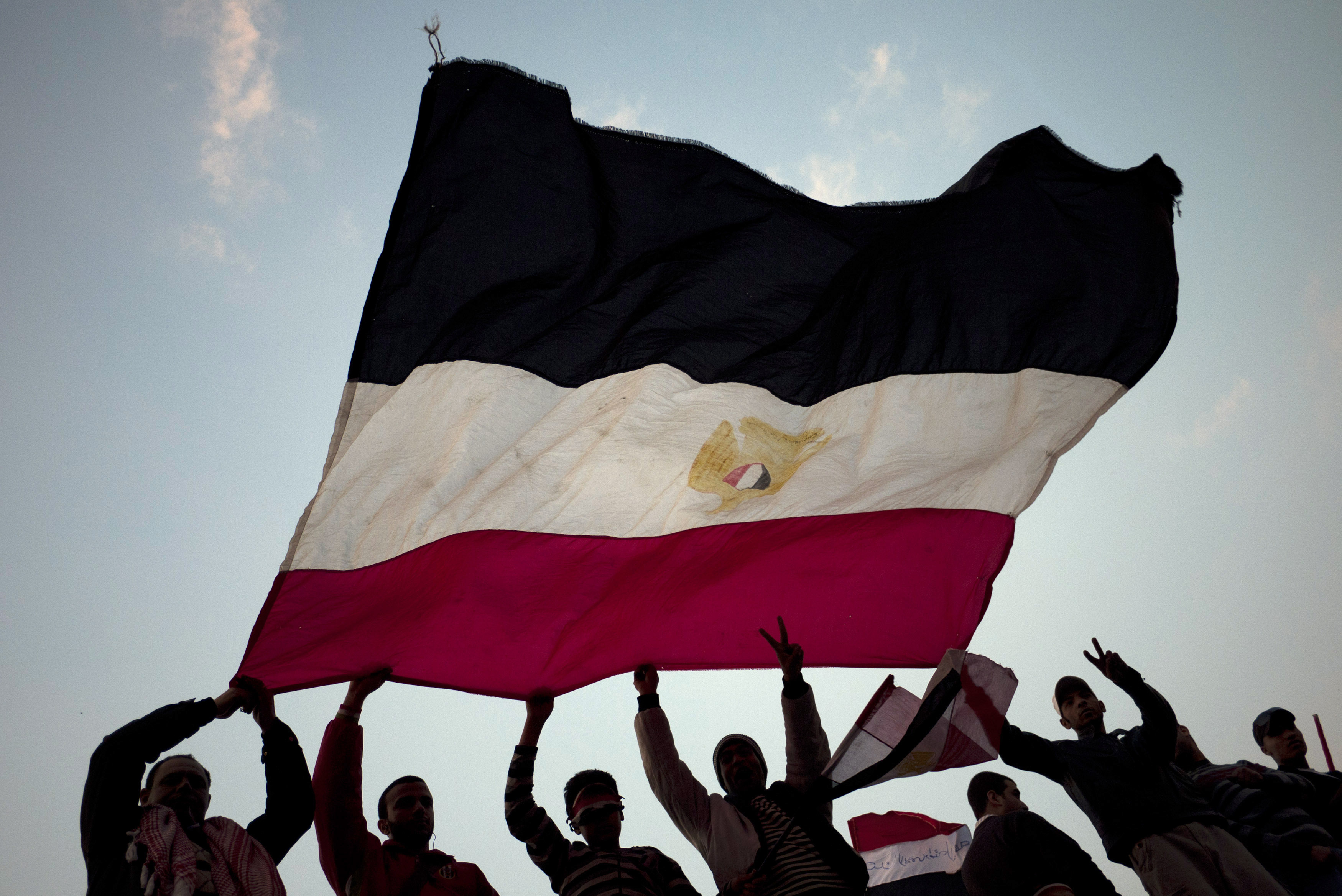 As the Libya crisis drags out, and Bashar al-Assad orders a crackdown in Syria, many
As the Libya crisis drags out, and Bashar al-Assad orders a crackdown in Syria, many
have begun to doubt whether the changes seen in Tunisia and Egypt will actually spread to the rest of the Middle East. One former British ambassador recently suggested that perhaps the peoples of
the Middle East preferred a mixture of authoritarianism and democracy — and that Britain should accept this; not impose its values and views.
But there is plenty of reason for optimism. The first is to look at the countries that have transformed themselves over the course of the last fifty years. Powerhouses like India and Brazil, but
also smaller countries such as Vietnam, were mired in poverty, maladministration and the consequences of war. Yet they managed to pick themselves in a remarkable way.
Vietnam’s crisis of the late 1980s included things Egypt never had to deal with, including hyperinflation, famine, the exodus of refugees and the disappearance of the country’s main
trading partner, the USSR. In a matter of a few years, however, Vietnam abolished the neo-Stalinist, centrally-planned economy introduced in North Vietnam in 1954 and imposed on former South
Vietnam in 1975. These reforms, normalisation of links with the US and improved intra-regional trade helped create an economic take-off. Progress remains uneven, and Vietnam has still not
liberalised politically, but the point stands: from a low level the country has transformed itself.
In many ways, Egypt, Tunisia, and Morocco are even better-placed than Vietnam was. These countries are closer to the world’s largest market — Europe — than many other countries
were. They have strong, well-defined identities unlike, for example, Ukraine. They have a history of (at least partial) economic liberalisation. Egypt has more proven oil reserves than Britain, and
all these countries could become a more convenient outsourcing target for Europe’s manufacturing than China. Morocco is a short ride away from Gibraltar, which can guarantee a speed of
delivery to beat India and China. Egypt is much cheaper than other outsourced call-centre locations such as Canada, Mexico and Poland.
Finally, many of these countries have an incredibly impressive, internet-savvy youthful set of revolutionaries. They will face considerable obstacles not least from the Islamists, remnants of the
Ben Ali and Hosni Mubarak regimes, as well the Egyptian and Tunisian militaries. But they do represent an asset than countries like Armenia, and Azerbaijan did not have.
None of this means the transformation of these countries will be easy or fast. They will face short-term crises, to do with debt repayment, and a medium-term slog to restore investor confidence.
They will then have to invest in education, anti-corruption measures and difficult reforms in a number of economic sectors.
But it is worth remembering, as the speed of revolutionary change slows, that these countries are better placed than many other countries who have succeeded economically and politically in the past
50 years. And just as economic change in Eastern Europe benefited Western Europe, so an economic take-off in North Africa will help Europe’s economies. This is no time to despair.







Comments